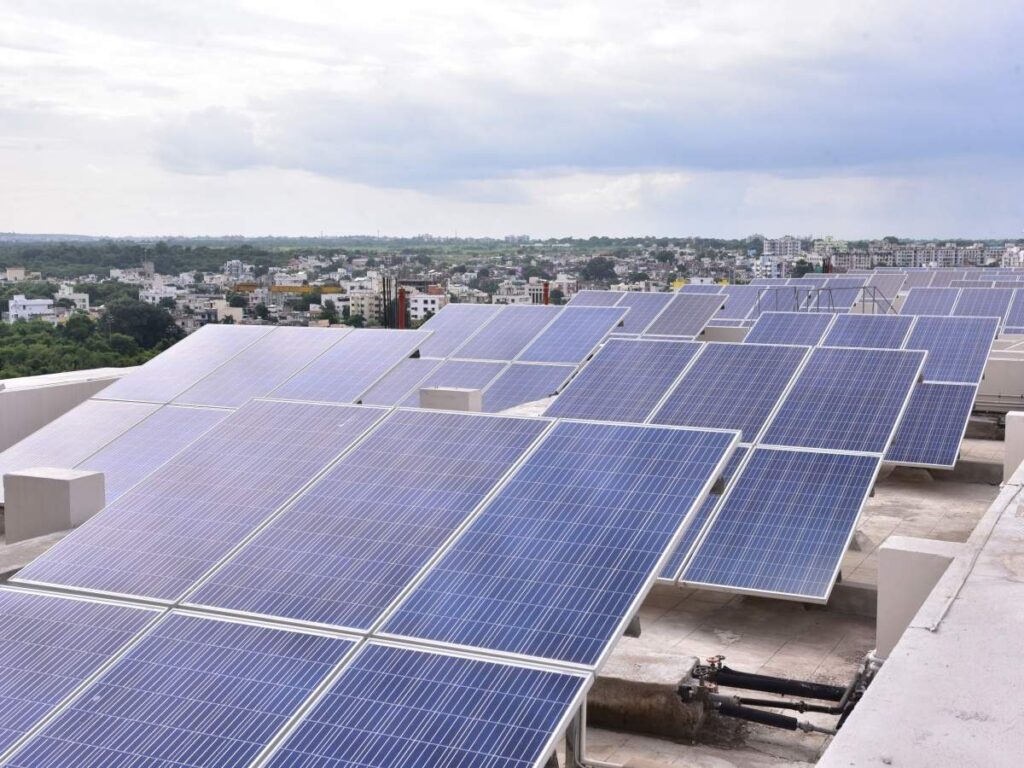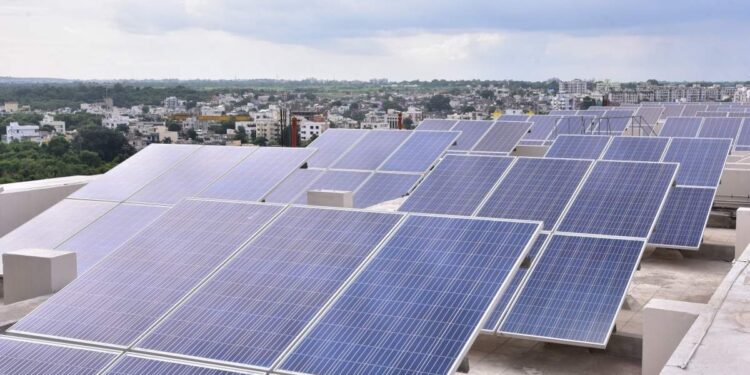The lifespan of a solar panel depends on several factors. These include the materials, the temperature coefficient, the warranty, and the quality of installation. Choosing a Solar Panel Installers Derby that will last for decades is essential for its performance and reliability. Here are some tips that can help you buy a solar panel that will meet your needs for a long time. A solar panel that does not get dirty quickly will last for many decades.
Warranty
Several things affect the lifespan of a solar panel. A manufacturer’s warranty should cover the panel against defects and weather damage. A performance warranty should also cover the panels’ ability to produce electricity for a certain period. A reputable solar installer should be able to provide comprehensive warranties to protect your investment.
Keeping the panels free of debris is another way to extend the panels’ lifespan. Debris can cause microcracks and scratches. It can also weaken the panel’s metal understructure, reducing its efficiency.
Temperature Coefficient
Every solar panel has a temperature coefficient, measuring how much it deteriorates as temperature increases. The best panels have a temperature coefficient closer to zero than -0.35%/degC. The more the temperature increases, the less power the panel can produce.
In this study, the temperature coefficient of a solar panel was determined using long-term performance data. Using these data, the coefficients of various PV modules were calculated and compared to their datasheet values. The correlation coefficient of the results was improved by using a spectral-correction method.
Installation Quality
A solar panel’s life mainly depends on the installation’s quality. A properly installed solar panel will produce electricity for many years, and most manufacturers provide a warranty. Some warranties are purely cosmetic, while others are backed by a manufacturer’s guarantee of performance or peak efficiency.
If a solar panel is not installed correctly, it could easily break or malfunction, which is highly damaging. Low-quality panels, like aluminum frames or solar cells, might be made of cheap components. These panels are also thinner, making them more vulnerable to breakage. This can make a panel more expensive in the long run. Another factor that can affect a solar panel’s lifespan is the assembly method. Poor assembly techniques may lead to premature degradation, which could increase its PID and LID.

Falling Branches
It is essential to keep your solar panels clear of fallen branches and leaves. These can scratch the panels, reducing the energy output. They can also cause fires if they damage the metal strips. Fortunately, there are methods to prevent these problems.
Clean your panels regularly. Even if they’re protected by glass, falling branches and leaves can impede their effectiveness and shorten their lifespan. You can also use a garden hose to spray them with water once a year to keep them free of debris. This will ensure the longevity of your solar panels.
Snow Load
Snow load in different regions can affect a solar panel’s lifespan. It is essential to check the snow load rating of the solar module before mounting it. Most solar modules have a weight limit of 120 to 140 pounds per square foot, but some solar panels are specially made for areas with high snow loads. Manufacturers of solar panels publish snow load ratings for their products.
Snow load affects the performance of a PV system, and it can affect the lifespan and structural integrity of the panel. In the winter, snow can damage a solar panel, especially on flat roofs. Moreover, obstructions on a solar array can increase the snow load by as much as 25 percent.
Materials
Several factors can impact the lifespan of a solar panel, including its materials. Today, solar panels are manufactured using a wide variety of materials. The lifespan of a solar panel is usually 25 to 30 years. As the industry grows, manufacturers find ways to make panels with lower material costs, like glass.





